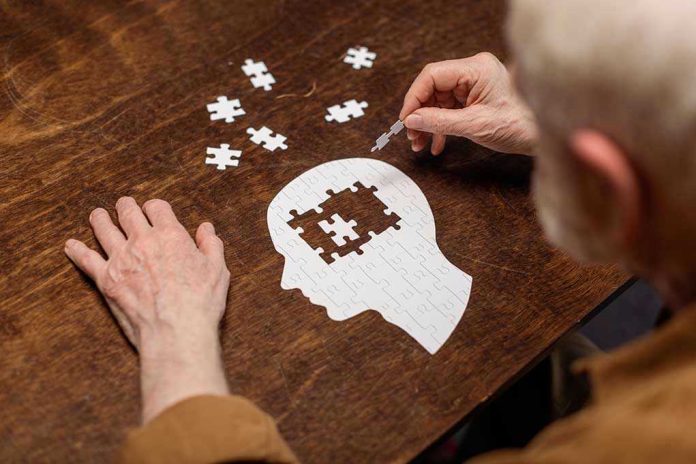
Social Justice Therapy is blurring the lines between mental health care and political activism, raising concerns about the erosion of clinical neutrality.
Story Snapshot
- Social Justice Therapy (SJT) is gaining traction, integrating socio-political perspectives into psychotherapy.
- Critics argue SJT shifts the focus from individual healing to political activism, potentially recruiting patients as activists.
- The approach addresses privilege and oppression, sparking debate over its impact on traditional therapy practices.
- SJT’s rise reflects broader societal tensions regarding systemic inequities and the role of institutions.
The Rise of Social Justice Therapy
Since the early 2000s, social justice concepts have gradually influenced psychotherapy, drawing from critical theory and multicultural counseling movements. Known as Social Justice Therapy (SJT), this approach frames personal psychological issues within the context of societal power structures and systemic oppression. While some see SJT as a necessary evolution to empower marginalized groups, others argue it risks politicizing the therapeutic process, diverting attention from personal healing to socio-political activism.
By the 2010s, academic and professional circles began integrating social justice into therapy, developing guidelines and ethical frameworks. This shift has intensified between 2020 and 2025, with SJT gaining visibility both in clinical practice and public discourse. Proponents argue that addressing issues of privilege, oppression, and systemic inequities within therapy is vital for comprehensive mental health care, especially for marginalized individuals.
Criticism and Concerns
Critics of SJT express concerns that it may undermine individual agency and clinical neutrality. By focusing on socio-political issues, therapy might lose its primary role of individual healing. Some argue that SJT blurs the line between activism and therapy, potentially shifting the therapist’s role from a neutral facilitator to an advocate for a particular socio-political agenda. This shift could alienate clients who seek personal mental health support rather than political engagement.
As SJT becomes more mainstream, it highlights broader societal debates about systemic racism, inequality, and institutional roles in perpetuating or alleviating oppression. The approach is particularly prevalent in urban, academic, and progressive clinical settings, reflecting the growing demand for culturally competent therapists who can navigate these complex issue.
The Left Has Turned Psychotherapy into the Problem It Was Invented to Cure — A growing number of counselors practice a progressive alternative called “Social Justice Therapy” (SJT), blaming personal problems on the social power of uncaring elites an https://t.co/Ly1v5vX1Wm
— American Thinker (@AmericanThinker) August 13, 2025
Implications and Future Directions
The rise of SJT poses significant implications for the field of mental health. In the short term, it may increase access to affirming care for marginalized clients, fostering empowerment and validation of their lived experiences. However, the long-term effects are more complex. Therapy training, ethical standards, and public expectations may shift, potentially influencing hiring and training practices across the mental health sector.
Political polarization could affect funding, regulation, and public trust in mental health services. As SJT contributes to broader social movements for equity and inclusion, therapists face new ethical and professional challenges. The demand for SJT-trained therapists is likely to rise, prompting mental health education and licensing bodies to adapt to these new models of care.
Sources:
Phoenix Rising Centers: Core principles and approaches of SJT
Phoenix Rising Centers: Social Justice Therapy Approaches
Center for Mindful Therapy: Modalities and Real-World Application
Decipher Counselling: Practitioner Perspectives and Ethical Considerations












